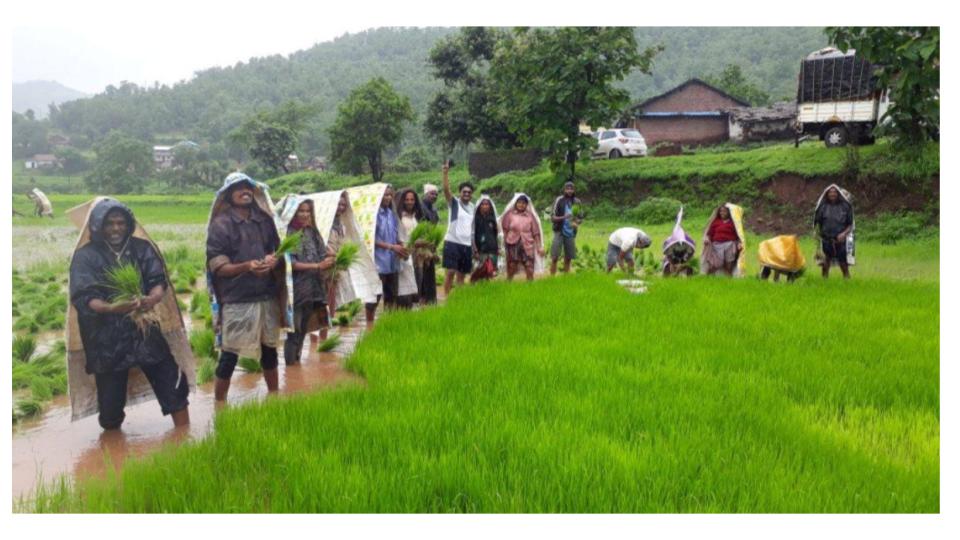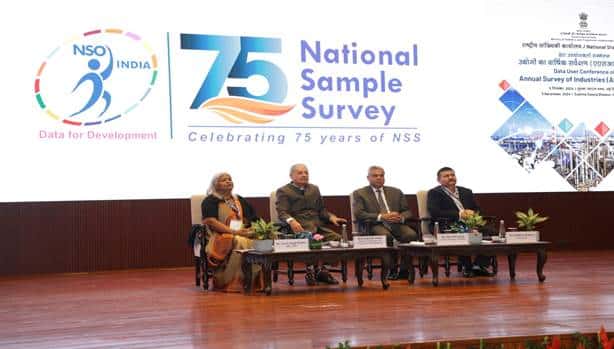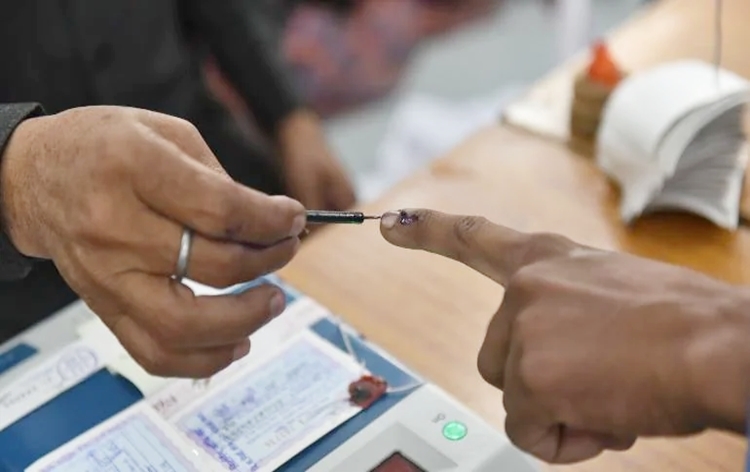India embarks on AI journey to empower farmers and boost agriculture

In a move to accelerate the AI-driven transformation in agriculture, the Ministry of Agriculture & Farmers Welfare has forged a tripartite Memorandum of Understanding (MoU) with the National Farmers’ Welfare Programme Implementation Society, the National AI Portal of India (IndiaAI), and the Wadhwani Foundation.
This collaborative effort signifies a major advancement in the agricultural sector, with the Wadhwani Foundation playing a crucial role in shaping and implementing an impactful AI strategy. The objective is to position India as a frontrunner in AI-driven digital agriculture, aligning with MeitY’s National Plan for AI.
Harnessing the power of cutting-edge technology, the Ministry of Agriculture is leading the charge in revolutionizing the agricultural landscape. By integrating Artificial Intelligence (AI) into various aspects of farming, the Ministry aims to address long standing challenges faced by farmers, increase overall productivity, and secure a brighter future for the agricultural sector.
One of the key initiatives is the development of Kisan e-Mitra, an AI-powered chatbot that acts as a virtual assistant for farmers. This innovative solution, available in multiple languages, provides readily accessible information about the PM Kisan Samman Nidhi scheme, a crucial government program aimed at supporting farmers’ income. In just two months, over 21 lakh farmers have benefitted from Kisan e-Mitra’s convenient and informative services.
AI is also playing a crucial role in protecting crops and optimizing resource management. The Ministry, in collaboration with the private sector, is developing a National Pest Surveillance System powered by AI and Machine Learning (ML) models. These models can detect crop issues at an early stage, allowing farmers to take swift action and minimize potential losses. This initiative holds immense potential for improving crop health, boosting yields, and ultimately, enhancing farmers’ livelihoods.
Recognizing the transformative potential of AI, the Ministry has also established a dedicated AI cell within its structure. This dedicated unit will spearhead the integration of AI across various agricultural processes, ensuring its sustained and impactful implementation.
The government has already begun utilizing AI on a pilot basis for crop cutting and yield estimation under the flagship Pradhan Mantri Fasal Bima Yojana scheme. This initiative holds the promise of reducing farming costs, increasing productivity, and ensuring better prices for farmers. By providing precise and timely information, AI can empower farmers to make informed decisions, optimize resource usage, and ultimately achieve greater success.
This embrace of AI marks a significant departure from traditional farming practices in India, which have often been plagued by low yields and dependence on unpredictable monsoons. This shift towards a data-driven and technology-enabled approach has the potential to transform Indian agriculture from subsistence farming to a thriving, sustainable, and prosperous sector.









